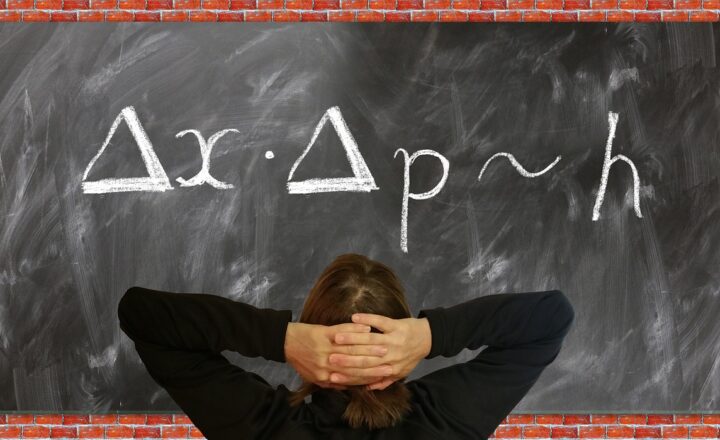
The idea of parallel universes has captivated the imagination of scientists, philosophers, and storytellers alike for decades. Often explored in science fiction, popular films, and theoretical physics, the concept of multiple universes, or the multiverse, presents a tantalizing prospect: that our universe is just one of many, each with its own realities and possibilities. The fascination with parallel universes is rooted in both scientific inquiry and the human desire to explore the unknown.
The Scientific Foundation of Parallel Universes
To understand why we are so intrigued by the idea of parallel universes, we need to delve into the scientific theories that underpin it. Quantum mechanics, the branch of physics that explores the behavior of matter and energy at the smallest scales, plays a significant role in shaping this fascination. One of the key aspects of quantum mechanics is the notion of superposition—the idea that particles can exist in multiple states simultaneously until they are observed.
This principle led to the interpretation of many-worlds, proposed by physicist Hugh Everett III in the 1950s. His theory suggests that every possible event creates a branching of the universe into different realities. For instance, when you flip a coin and it lands on heads, there is a parallel universe where the same coin landed on tails. This concept poses profound questions about existence, fate, and free will.
Philosophical Implications
Beyond the scientific framework, the notion of parallel universes invites deep philosophical exploration. If there are infinite realities, what does that mean for our understanding of identity and morality? How do our choices shape not only our lives but also countless versions of ourselves in other universes? This opens up discussions about determinism, free will, and existentialism.
Moreover, parallel universes challenge our perception of reality itself. The thought that there could be another version of us, living a different life based on choices made—choices we may not even remember—adds intensity to our understanding of human experience. It invites us to reflect on the complexity of life and the infinite possibilities embedded in each decision we make.
Cultural Influence: Parallel Universes in Media
The fascination with parallel universes has effectively permeated modern culture, with numerous films, television series, and books exploring this theme. From classic works like “Alice’s Adventures in Wonderland” to contemporary hits like “Stranger Things” and Marvel’s Multiverse in the MCU, the portrayal of alternate realities allows viewers to escape into complex narratives filled with intrigue and wonder.
These narratives resonate on a personal level, appealing to our curiosities about what could be. What if our reality is just one of many? What if we have counterparts making different choices? Such questions stir excitement and wonder, drawing audiences into fantastical realms where the impossible becomes possible.
The Psychological Appeal of the Multiverse
Psychologically, the concept of parallel universes may serve as a coping mechanism for many individuals. The existence of alternate realities provides a comforting thought that life could unfold differently under different circumstances. It gives people a sense of agency and hope, suggesting that while they may not be thrilled with their current life paths, there may be versions of themselves living more fulfilling lives elsewhere.
This transformative power of the imagination can be especially apparent during times of hardship or decision-making. Thinking of alternate paths fosters creativity and encourages people to ponder their unrealized potential, unleashing their thoughts about personal growth, aspirations, and self-discovery.
The Future of Multiverse Theory
As technology advances, so does our capacity to explore these concepts further. Scientists are continuously investigating the implications of quantum mechanics and parallel universes, hoping to unveil the profound mysteries that lie beyond our observable reality. Each discovery leads to more questions and fuels the quest for knowledge.
Furthermore, the more we learn about the universe, the more we appreciate its complexity. The mystery of whether multiple universes exist might never be solved definitively, but that very uncertainty releases our imaginations, urging us to hypothesize, dream, and engage with possibilities beyond our comprehension.
Conclusion: Embracing the Unknown
Ultimately, parallel universes represent a frontier of exploration that invites both scientific and philosophical pondering. They embody our intrinsic desire to understand the universe while embracing the mysteries that come with uncertainty. As we navigate through our realities, the thought of infinite possibilities provides comfort, intrigue, and inspiration.
We may never fully grasp the illusion of parallel universes, but the wonder they evoke can resonate deeply within the human experience. Every time we ponder alternate realities, we open ourselves to dream about what could be—infusing our lives with richness and imagination. The fascination with parallel universes will likely remain a timeless exploration, as vast and profound as the cosmos itself.







